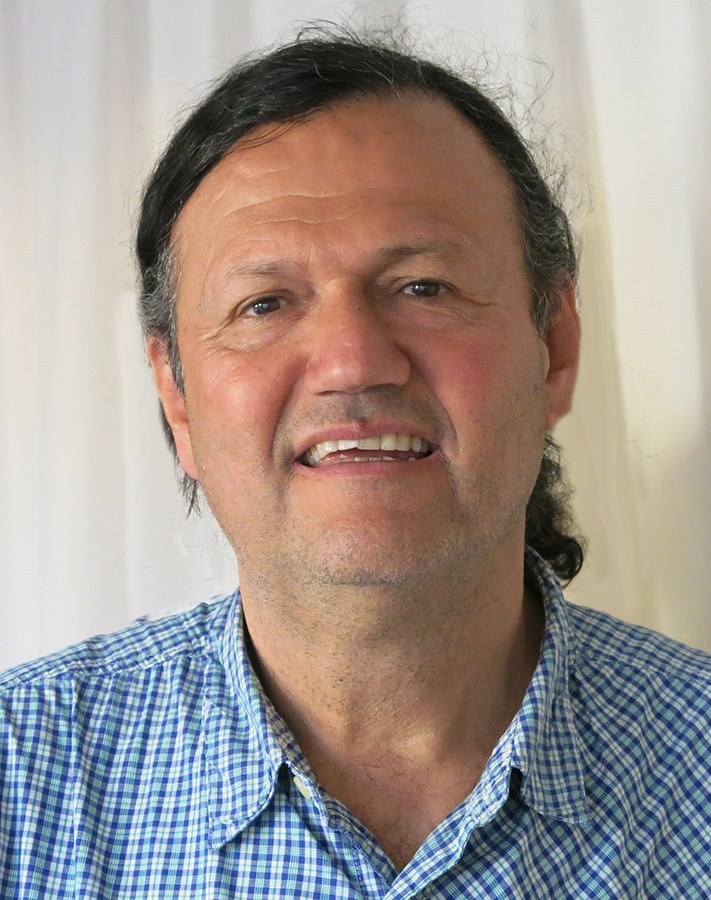Delinquents compete with each other in criminal activities but benefit from being friends with other criminals by learning and acquiring proper know‐how on the crime business. We study the subgame‐perfect Nash equilibrium of this game in which individuals decide first to work or to become a criminal and then the crime effort provided if criminals. We show that multiple equilibria with different numbers of active criminals and levels of involvement in crime activities may coexist and are only driven by the geometry of the pattern of links connecting criminals.
International Economic Review
Social Networks and Crime Decisions: The Role of Social Structure in Facilitating Delinquent Behavior
Journal Article
Reference
Calvó-Armengol, Antoni and Yves Zenou (2004). “Social Networks and Crime Decisions: The Role of Social Structure in Facilitating Delinquent Behavior”. International Economic Review 45(3), 939–958. doi.org/10.1111/j.0020-6598.2004.00292.x
Calvó-Armengol, Antoni and Yves Zenou (2004). “Social Networks and Crime Decisions: The Role of Social Structure in Facilitating Delinquent Behavior”. International Economic Review 45(3), 939–958. doi.org/10.1111/j.0020-6598.2004.00292.x
Authors
Antoni Calvó-Armengol,
Yves Zenou

